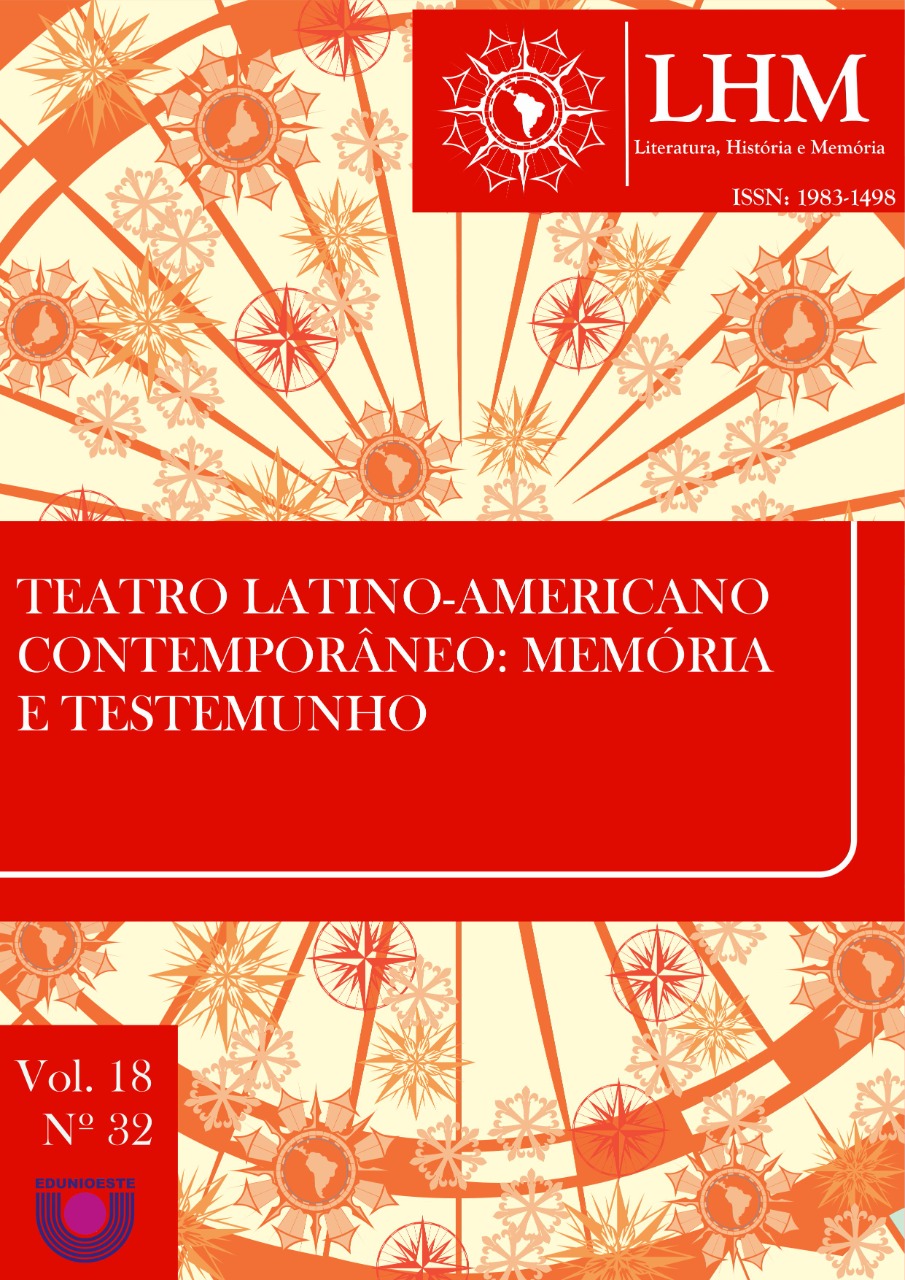Para uma arqueologia do ficcional
a antropologia literária de Wolgang Iser e suas condições de possibilidade no pensamento primeiro-romântico alemão
DOI:
https://doi.org/10.48075/rlhm.v18i32.29102Resumo
O presente artigo pretende analisar como os elementos essenciais à teoria do ficcional desenvolvida por Wolfgang Iser encontram-se formulados em esforços filosóficos de natureza epistemológica desenvolvidas pelos primeiro-românticos alemães. A partir de análise e discussão das principais teses desenvolvidas por Iser em Der Akt des Lesens (1984) e Das Fiktive und das Imaginäre (2016), procedemos a um cotejo com as reflexões de Novalis e Schlegel em relação ao problema epistemológico pós-kantiano. Propomos que a ironia romântica é a solução primeiro-romântica para o problema do Absoluto, responsável por inaugurar a primeira teoria da literatura da modernidade e, além disso, oferecer as condições de possibilidade que prefiguram a antropologia literária iseriana.
Downloads
Publicado
Como Citar
Edição
Seção
Licença

Este trabalho está licenciado sob uma licença Creative Commons Attribution-NonCommercial-ShareAlike 4.0 International License.
Aviso de Direito Autoral Creative Commons
Política para Periódicos de Acesso Livre
Autores que publicam nesta revista concordam com os seguintes termos:
1. Autores mantém os direitos autorais e concedem à revista o direito de primeira publicação, com o trabalho simultaneamente licenciado sob a Licença Creative Commons Attribution que permite o compartilhamento do trabalho com reconhecimento da autoria e publicação inicial nesta revista.2. Autores têm autorização para assumir contratos adicionais separadamente, para distribuição não-exclusiva da versão do trabalho publicada nesta revista (ex.: publicar em repositório institucional ou como capítulo de livro), com reconhecimento de autoria e publicação inicial nesta revista.
3. Autores têm permissão e são estimulados a publicar e distribuir seu trabalho online (ex.: em repositórios institucionais ou na sua página pessoal) a qualquer ponto antes ou durante o processo editorial, já que isso pode gerar alterações produtivas, bem como aumentar o impacto e a citação do trabalho publicado (Veja O Efeito do Acesso Livre).
Licença Creative Commons
Esta obra está licenciada com uma Licença Creative Commons Atribuição-NãoComercial-CompartilhaIgual 4.0 Internacional, o que permite compartilhar, copiar, distribuir, exibir, reproduzir, a totalidade ou partes desde que não tenha objetivo comercial e sejam citados os autores e a fonte.


